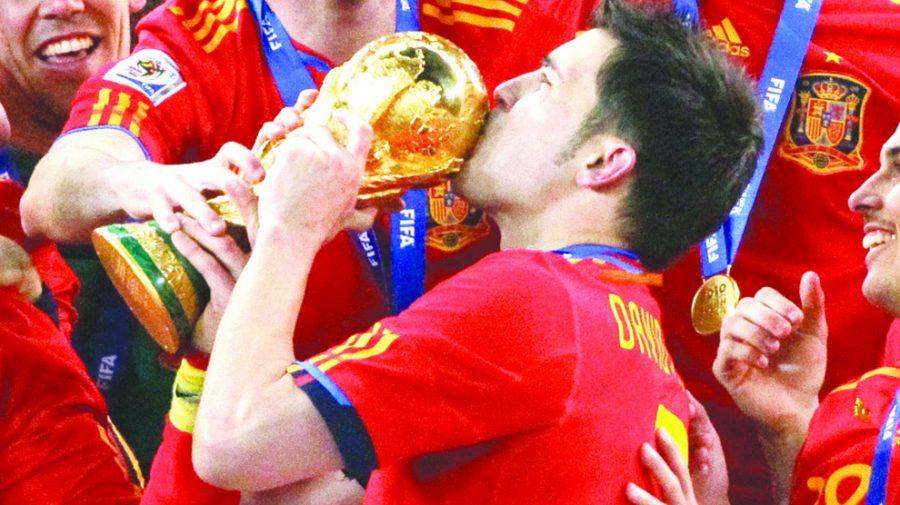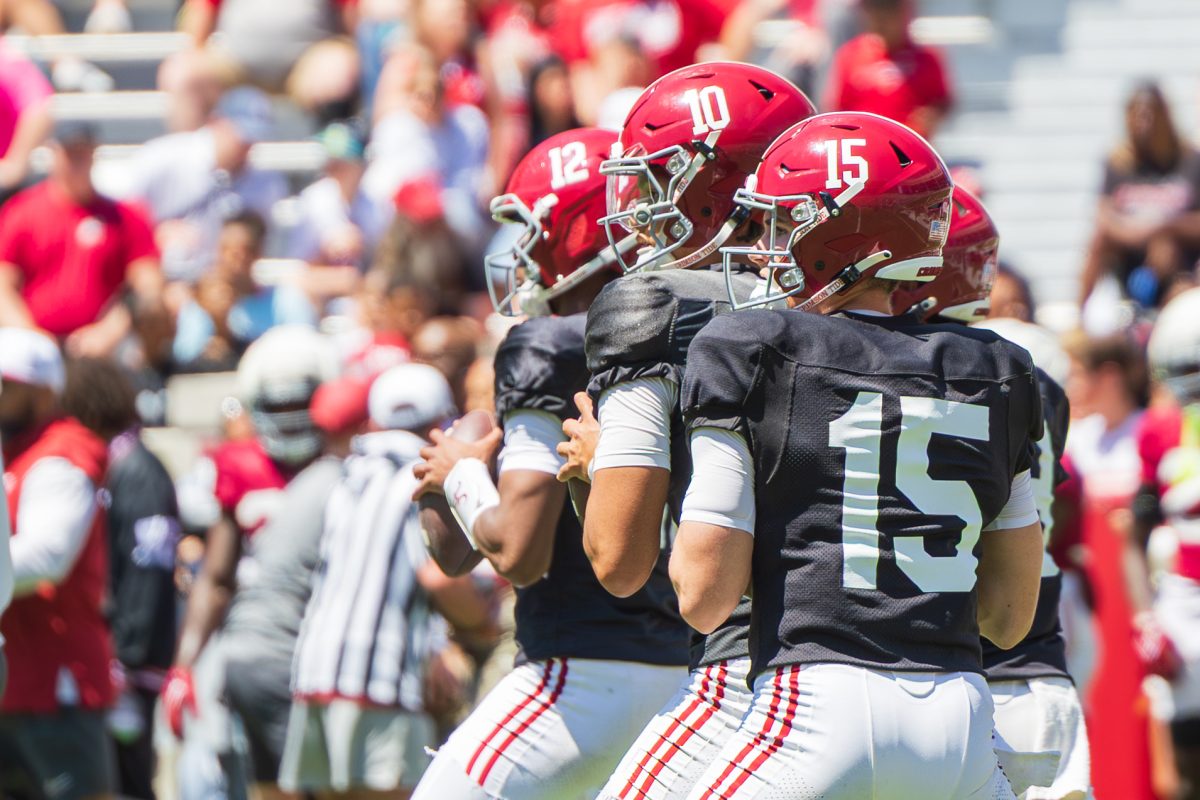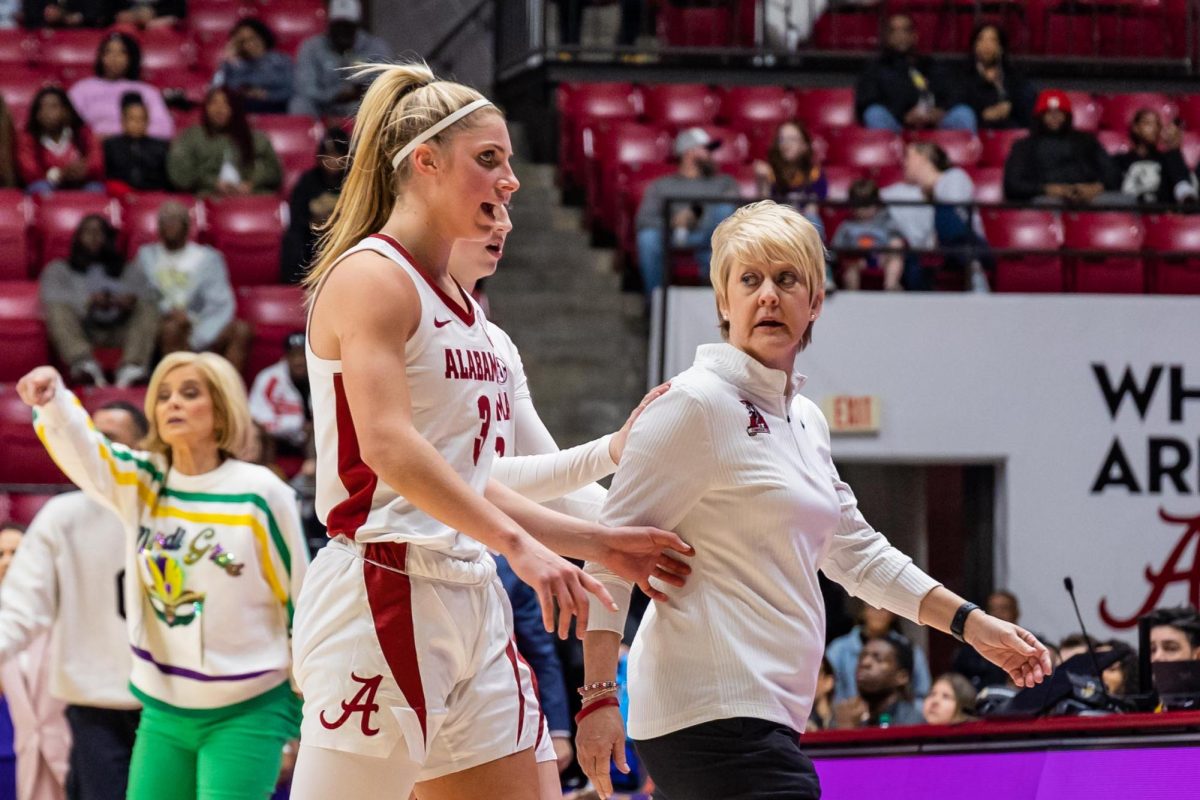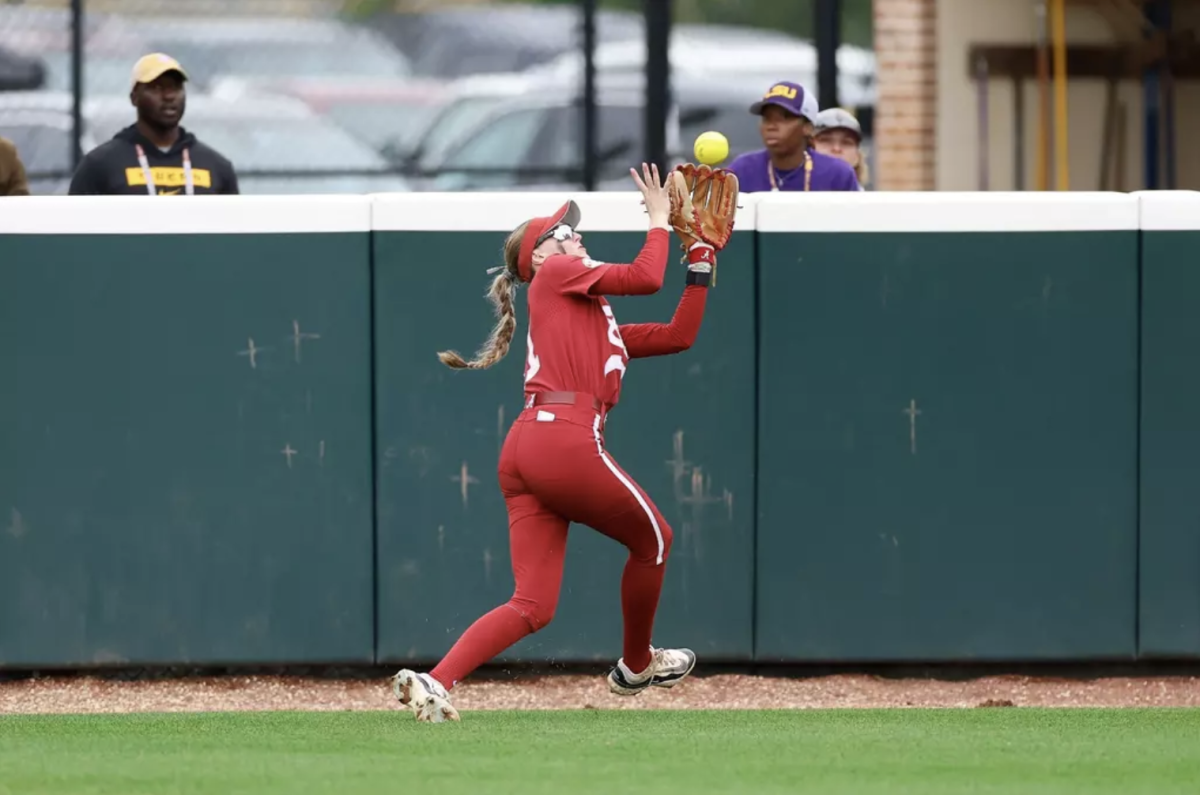In the 2010 World Cup final, Spain defeated the Netherlands 1-0 to win the first World Cup in their history on Sunday.
Going into the match, these countries were considered the two biggest international powers without a World Cup triumph to their name. Two countries that have strong political ties with the Eighty Years War, took the pitch to do battle in Johannesburg.
The Netherlands came out using the starting 11 they had gone with the entire tournament, one that helped them win every contest from the group stages on. For the second straight match, the star Spanish striker Fernando Torres started the game on the bench. He was replaced by the young Barcelona striker Pedro Rodriguez Pedrito.
The first half was largely negative from both sides. It was truly a chess match, with both sides waiting to pounce. Spain began to pick up the pace toward the end of the second half, and right back Sergio Ramos starting bombing forward to exploit the aging left side of the Dutch defense.
The few chances the Dutch created in the first resulted from set pieces, and winger Arjen Robben forced a big save from Spanish keeper Iker Casillas right at halftime.
The second half started the same as the first. The Netherlands, known for inventing the style “total football,” were quite the opposite. Their play was very pragmatic, and it was obvious they didn’t want to get too forward and let the very dangerous Spanish counter defeat them.
The Dutch more or less rocked Spain to sleep, and their plan paid off in the 62nd minute. Dutch midfielder Wesley Sneijder collected a long ball, and he played a beautiful through ball that split the Spanish backline. Robben cut inside from the right wing and timed his run to perfection.
He was one-on-one with keeper Casillas, and he squandered the opportunity of the game for either side. To be fair, Casillas knew little about it and he guessed the wrong way. Luckily for Spain, Robben’s shot caught Casillas’ toe. That miss will be with Robben for some time.
From the 70th minute on, the Netherlands were clinging on for dear life. Spain started to find space in the organized Dutch side, and they looked certain to find the winner.
Dutch keeper Marten Stekelenberg made two impressive saves from Spain’s David Villa in the 70th and 76th. Spain’s best chance of the game came in the 77th minute from a corner, where Sergio Ramos had an easy chance to head in the winner, but he couldn’t put the shot on target.
Both sides would rue golden missed chances, and it was off to extra time for two 15-minute halves.
Dutch defender Joris Mathijsen had the only real chance for the Netherlands in extra time, but his header was wide of the frame.
In the 109th minute, Dutch center half John Heitenga received his second yellow card, meaning he was sent off the field with just 10 minutes to play. The already poaching Spanish attack got more dangerous, and it finally paid off.
Spanish midfielder Andres Iniesta was found unmarked in the right side of the penalty box, and he slotted home the winner. Keeper Marten Stekelenberg did well just to get a hand on the shot, but it was all too powerful to keep out of the net.
And so Spain won their first Word Cup, joining France and then West Germany as the only two countries to hold both the World Cup and the European Championship at the same time. It was a fitting end to a historic World Cup.
It was quite a scene at Soccer City Stadium in the South African capital, as Nelson Mandela made his first appearance of the tournament. It was a last-minute decision that he would show up before the final, given that his health is a serious concern. He was due to show up at the opening ceremony of the 2010 World Cup, but the tragic death of his great-granddaughter prevented his appearance.
After 64 games, many phenomenal goals and breathless moments, the world’s biggest sporting event takes its four-year hiatus. The countdown to World Cup 2014 in Brazil begins.









